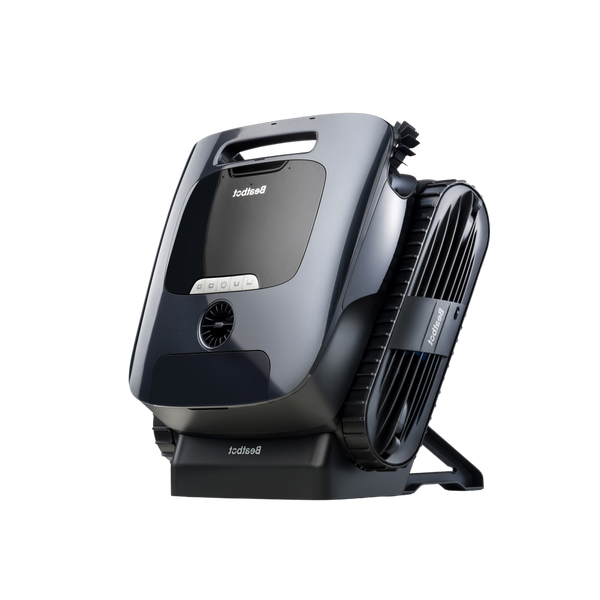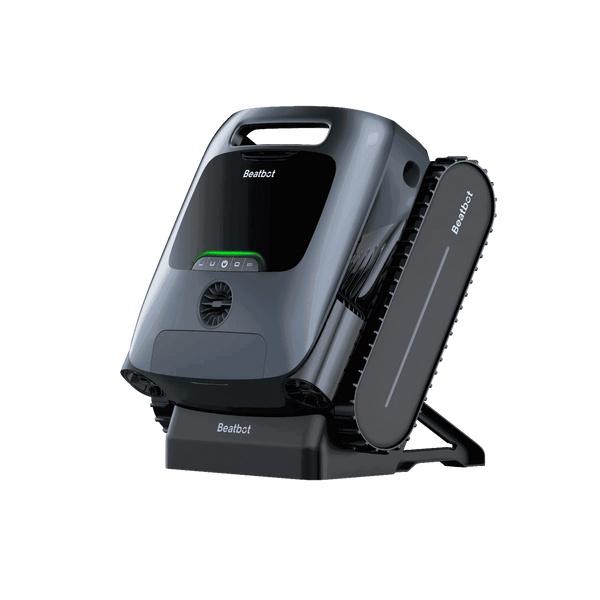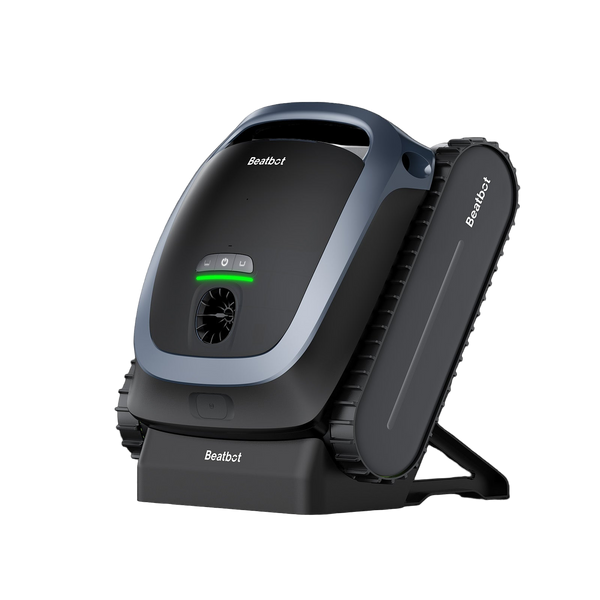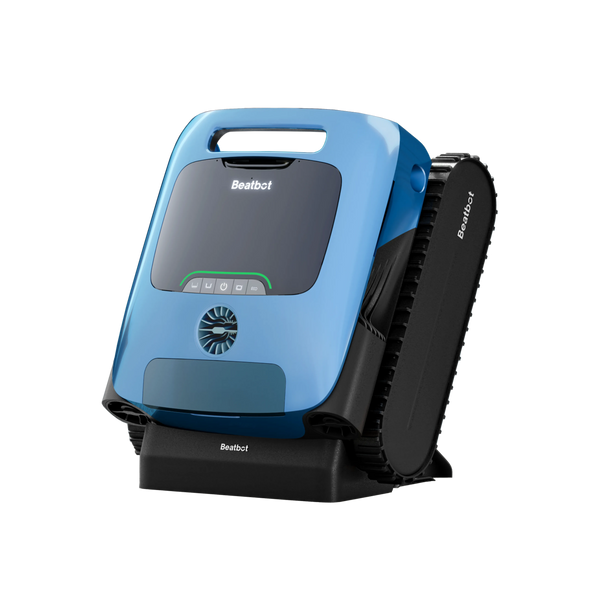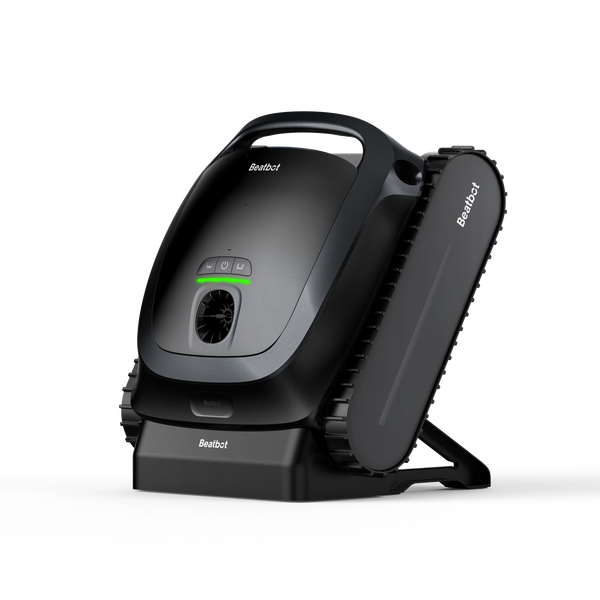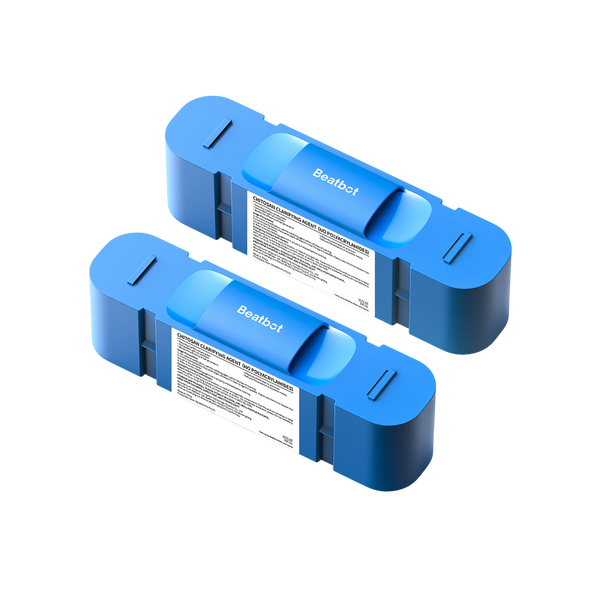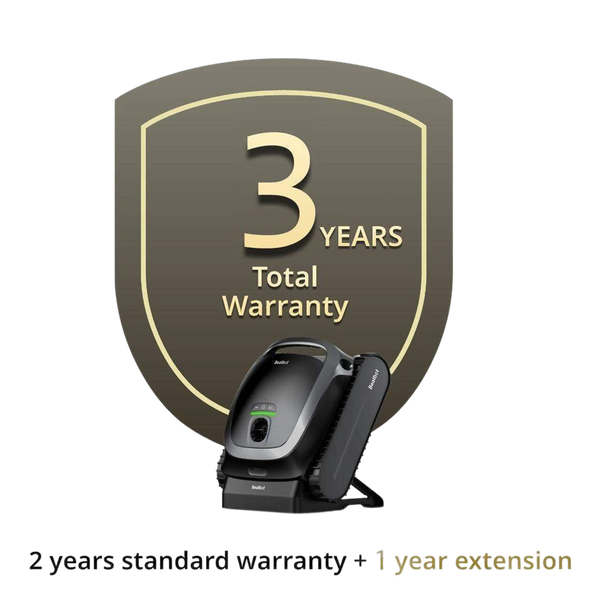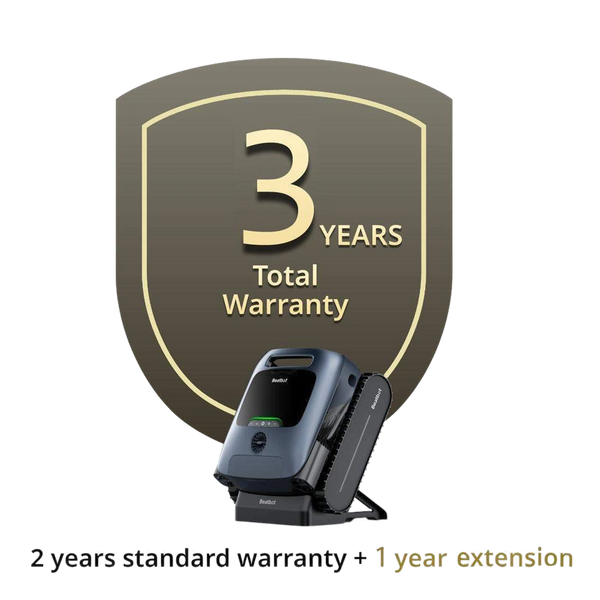Battling Pool Black Algae: Causes and Combat Strategies
For pool enthusiasts, the allure of a crystal-clear, inviting pool is undeniable. However, the presence of black algae can tarnish this idyllic image. This guide delves into the science of black algae, detailing their origins, the threats they pose, and comprehensive strategies for their management and prevention.
Table of contents

Understanding Black Algae
Black algae, scientifically termed cyanobacteria, are bacteria that cling to porous surfaces in pools, such as pebble finishes and plaster. Their deep roots and protective outer layer make them resilient against common sanitizing agents. Originating from natural water bodies, these bacteria can latch onto swimsuits and pool accessories, inadvertently introducing them to pools.
How Do Worn Pool Interiors Contribute to Black Algae Growth?
Over time, pool interiors are subject to wear and tear due to regular use, weathering, and age. This can lead to the surfaces becoming rough and porous, a perfect breeding ground for black algae.
Here’s why worn surfaces can lead to black algae formation:
Porous Surfaces: When the surface of a pool deteriorates, it becomes rough and full of tiny pores. These crevices provide an ideal attachment point for black algae spores to settle and thrive.
Moisture Retention: The rough texture holds moisture longer, creating a conducive environment for algae growth. This persistent dampness aids in the proliferation of black algae.
Difficult Cleaning: The rugged nature of these surfaces makes cleaning more challenging, allowing algae to root deeply and multiply unchecked.
To prevent the formation of black algae, it’s crucial to maintain your pool’s surfaces. Regular maintenance, including resurfacing and timely repairs, can help keep the interiors smooth and less inviting to algae. Additionally, investing in quality cleaning products and equipment ensures that your pool remains a well-maintained and algae-free oasis.
Understanding and Tackling Black Algae
Black algae, known for their speckled appearance, are frequently mistaken for dirt or debris due to their coloration. However, they pose a more significant challenge due to their resistance to common pool sanitizers. If untreated, they can spread quickly across the pool surface.
The key to addressing black algae is accurate identification. The presence of dark green color when scraped and placed on a light-colored surface is a telltale sign. To accurately identify black algae, a simple test is recommended: scrape off a bit of the suspected substance and place it on a white napkin or paper towel. If the substance turns out to be dark green, it is likely black algae.
Why Low Chlorine Levels Encourage Black Algae Growth
Maintaining appropriate chlorine levels is crucial for keeping your pool free of black algae. Chlorine serves as the primary disinfectant in pools—it kills harmful microorganisms and prevents algae from establishing a foothold. Without enough chlorine, these organisms, especially stubborn black algae, have an opportunity to thrive.
Key Reasons Low Chlorine Levels Lead to Black Algae:
Insufficient Disinfection : Too little chlorine means there's not enough disinfecting power to effectively eliminate algae spores. This allows them to attach to pool surfaces and multiply.
Inhibited Algae Control : Chlorine not only kills existing algae but also prevents it from growing. When levels fall, black algae spores can embed themselves in cracks and crevices, where they flourish.
To combat these issues, it's essential to test and adjust chlorine levels regularly, maintaining them between 1 ppm and 3 ppm. Doing so will help ensure your pool remains a safe, inviting space, free from unsightly black algae.
How Does a High pH Balance Contribute to Black Algae Growth?
A high pH balance in your pool water can create an ideal environment for unwanted guests, such as black algae. Algae thrive in pool conditions where chemical balances are not properly maintained, and pH levels are crucial in this equation.
When the pH level of your pool exceeds the ideal range, which is typically between 7.2 and 7.6, the effectiveness of chlorine, the primary weapon against algae, diminishes. With reduced chlorine efficacy, black algae can begin to establish itself, embedding into the pool surfaces and creating those notorious small black spots.
Why is this problematic?
Reduced Chlorine Effectiveness : Chlorine is less potent in sanitizing the water when the pH is too high, allowing algae to flourish.
Increased Algae Tolerance : High pH levels facilitate an environment where black algae and similar organisms can develop a resistance to pool treatments.
Water Imbalance : An imbalanced pH can disrupt other chemical balances, further inhibiting treatment efforts and complicating pool maintenance.
To minimize the odds of black algae infestation, aim to keep your pool's pH at the recommended level. Regular testing and adjustment can prevent the need for more aggressive and costly remediation efforts down the line.
Health Risks Associated with Black Algae
Beyond aesthetic concerns, black algae produce cyanotoxins, which can contaminate pool water. Consumption of such water can lead to health issues like nausea, stomach cramps, and potential liver damage. It's imperative to address black algae to safeguard swimmers' health.
Essential Pool Cleaning Products for Black Algae
- Algaecide: Specifically targets and eliminates black algae.
- Pool Shock Product: High chlorine concentrations to eradicate algae.
- Pool Vacuums: Essential for removing debris and dead algae.
- Chlorine: Acts as a potent sanitizing agent against black algae.
Step-By-Step Guide to Combat the Black Algae
- Water Chemistry Optimization: Regularly test and adjust pH and chlorine levels to maintain a balanced aquatic environment.
- Chlorine Shock Treatment: Implement a shock treatment to eliminate bacteria and algae.
- Scrubbing Affected Areas: Use a pool brush to scrub away black algae, breaking their protective layer.
- Application of Algae-killer: Apply a product specifically designed to target black algae, following the manufacturer's guidelines.
- Pool Vacuuming: Remove debris and dead algae using a pool vacuum.
- Filter Cleaning: Clean the pool filter to ensure effective water circulation and filtration.
- Ongoing Water Chemistry Monitoring: Retest the water and adjust chemical levels to sustain a clean pool environment.

Strategies to Halt the Advance of Black Algae in Your Pool
Determined to keep your pool free from the clutches of black algae? Commit to a regimen of regular testing and maintenance to uphold the cleanliness and health of your pool environment:
Consistent Water Analysis:
Regularly monitor your water's chemical composition. Waiting until you spot a problem is too late; proactive testing allows you to preempt potential issues. The key is frequency: More tests mean fewer surprises.
Balanced Aquatic Chemistry:
Ensure that your pool's chemical parameters are always within the ideal range. Imbalanced water is a breeding ground for problems. Strive for equilibrium to maintain water quality.
Maximize Water Circulation:
Operate your pool's filtration system and pump for extended periods. While it may not be feasible to run them around the clock, aiming for at least 8 hours of operation daily allows for thorough water turnover, which is crucial for preventing stagnation.
Routine Cleaning:
A clean pool surface is essential for clear water. Schedule weekly brushing and vacuuming sessions to disrupt any accumulating contaminants on pool walls and floors. This routine upkeep helps in keeping algae and other debris at bay.By adhering to these practices, you can significantly reduce the risk of black algae infestations and other water quality issues, ensuring that your pool remains a pristine and enjoyable space.
Maintaining Pool Health from Algae
To ensure a healthy pool, adhere to these maintenance tips:
- Routine Cleaning: Regularly remove debris from the pool surface.
- Water Testing: Use a testing kit to monitor chemical balances.
- Circulation: Ensure proper pool circulation with adequate pump and filter operation.
- Pool Covers: Use a cover when the pool is not in use to prevent debris and contamination.
By understanding and implementing these strategies, you can maintain a clean, safe, and enjoyable pool environment. For those seeking expert assistance, professional pool maintenance services can provide the necessary support to keep your pool in optimal condition.
Relative Blogs
About the author
